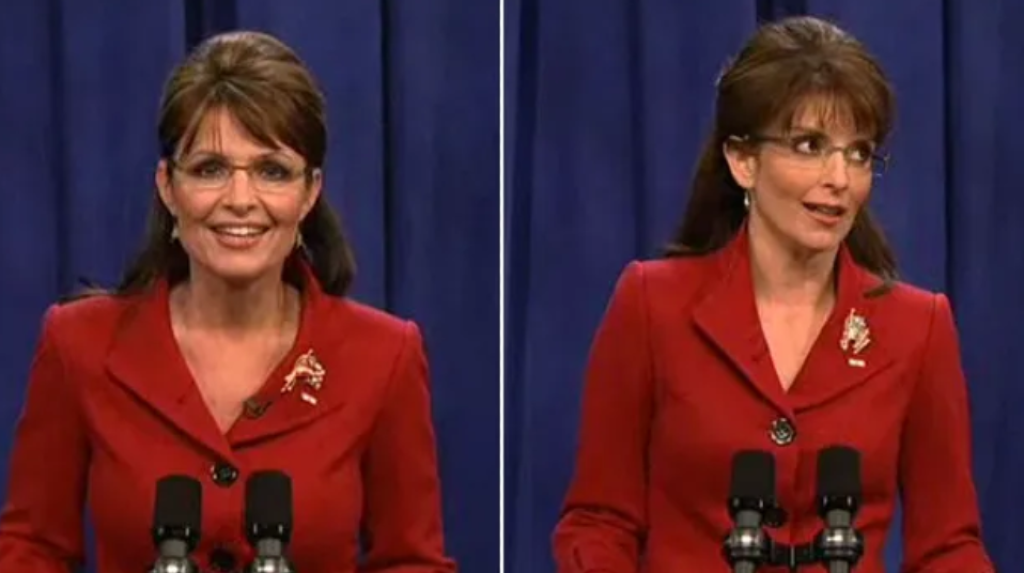Tech Group Urges Rosenworcel to Drop AI-Disclosure Regulations
FCC rules would mandate disclosure of AI-generated political ads on radio and TV.
Ari Bertenthal

WASHINGTON, September 4, 2024 - Did Saturday Night Live star Tina Fey invent the deepfake?
Fey's near-perfect (though slightly over-the-top) imitation of former Alaska Gov. Sarah Palin (R) in the 2008 presidential election showed that exclusively regulating AI-generated political ads on radio and TV would be arbitrary when Fey, with a little makeup, glasses and a wig, would have little problem fooling a TV audience into thinking she was Palin.
That was a key argument made by the Center for Data Innovation in recommending that FCC Chairwoman Jessica Rosenworcel drop her plan to require radio and TV stations to disclose the use of AI technology in political ads.
Rosenworcel is concerned about deepfakes tricking voters and skewing elections.
"The FCC should abandon this proposal that would arbitrarily penalize the use of AI in political ads, confuse voters about the veracity of these ads, and create different disclosure standards for streaming and social media platforms," CDI said in an Aug. 23 filing at the FCC.
By way of example, CDI said: "A talented impersonator can produce a realistic audio clip of a candidate speaking and, with the right makeup and prosthetics, create a convincing photograph or video, such as the actor Tina Fey impersonating Sarah Palin."
CDI stressed mandatory reporting of AI-generated content in political ads would create an inconsistent distinction between AI-generated content and non-AI-generated content, misleading the public as to the accuracy of the ads.
By engaging solely with AI-generated advertisements on radio and TV, the FCC would open the virtual door for misinformation in other forms.
CDI is a multinational organization that studies the intersection of data, technology, and public policy. The group said it is driven by the goal of maximizing the benefit of data-driven innovation in the public and private sectors.
In the FCC filing, CDI said the proposed disclosures of AI-generated content would be arbitrary.
Rosenworcel has said she is concerned about the effects that AI might have on voters. She mentioned in her proposal that “the increased use of artificial intelligence in political advertisements may mislead voters.”
Rosenworcel has been joined by an array of AI experts and policymakers who have expressed concerns about AI-based misinformation.








Member discussion